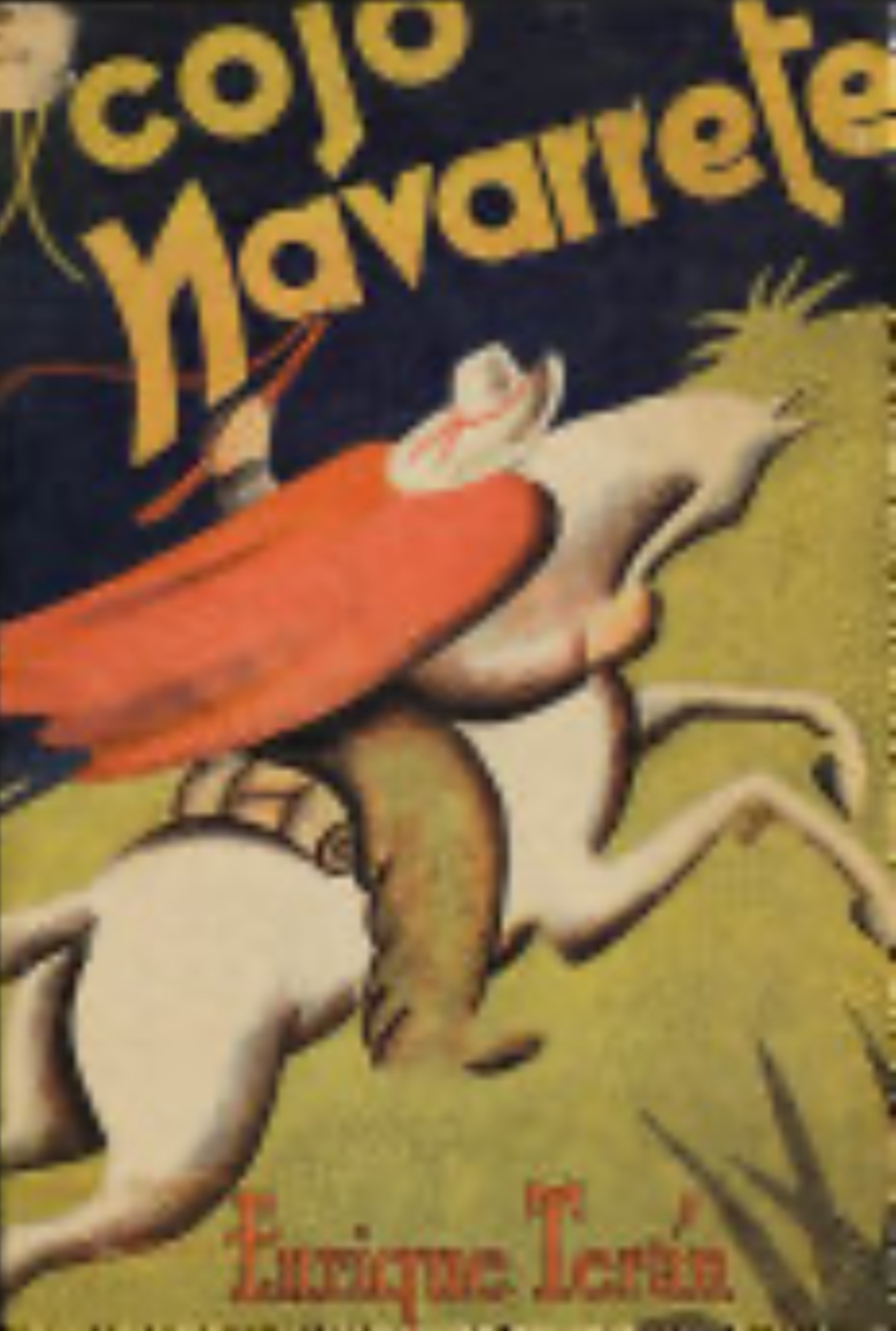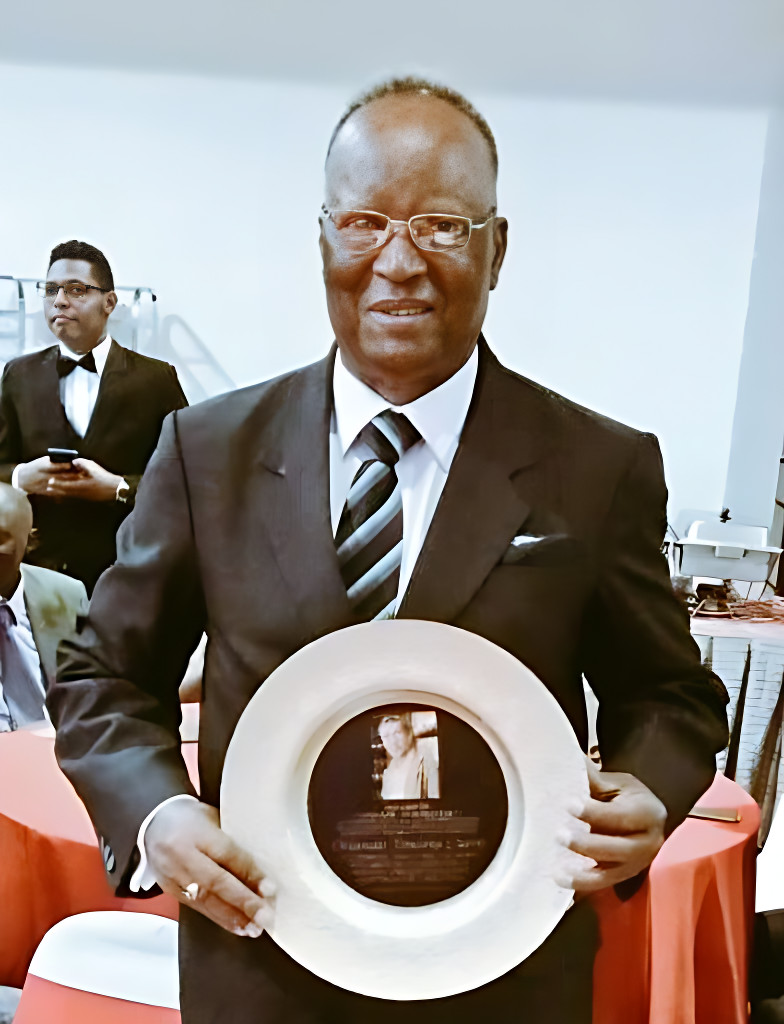Enrique Terán Vaca (Quito, 1887 – 1941) was an influential Ecuadorian musician, writer, and political activist. He honed his musical skills at the Royal Academy of Music in London, which played a pivotal role in his artistic development. A key member of the Ecuadorian Socialist Party, Terán actively engaged in the political scene of early 20th-century Ecuador. His literary legacy, highlighted by his notable novel ‘El cojo Navarrete’, delves into the effects of the Liberal Revolution in Ecuador. Terán’s multifaceted talents profoundly impacted Ecuador’s cultural and political spheres.
Introduction
Enrique Terán, born in Quito in 1887, was a notable figure in Ecuadorian culture, known for his work as a musician, writer, and political activist. His contributions spanned several disciplines, making him a key figure in the cultural and political landscape of early 20th-century Ecuador.
Early Life and Musical Career
Terán was born into a well-to-do family in Quito. His mother’s influence led him to develop an interest in the arts from a young age. He pursued music education and became proficient in playing the violin. After studying at the Instituto Nacional Mejía and graduating in 1905, he furthered his musical training at the Royal Academy of Music in London. Upon returning to Ecuador, he formed the “Terán Bueno” quartet with his siblings and taught at the Conservatorio Nacional de Música.
Political Involvement
Terán’s political involvement began in the early 20th century. He was actively engaged in socialist groups, particularly influenced by the Revolución Juliana. He held editorial positions in leftist newspapers like La Antorcha and La Tierra, where he expressed his views against corruption and social injustices. In 1928, he became the secretary general of the Partido Socialista Ecuatoriano and was later elected as a municipal councilor in Quito.
Contributions to Satire and Caricature
In 1918, Terán co-founded the magazine ‘Caricatura’, focusing on satirical humor. He collaborated with notable figures such as Jorge Carrera Andrade and Nicolás Delgado, using this platform to critique societal issues through satire. This marked his significant contribution to the development of caricature in Ecuador.
Literary Achievements
Terán’s literary career is best known for his novel ‘El cojo Navarrete’, published in 1940. The novel explores the effects of the Liberal Revolution in Ecuador through its protagonist, Juan Navarrete. Another of his works, ‘Huacayñán’, was written in 1931 but published posthumously in 1995.

Legacy
Enrique Terán passed away in 1941, leaving behind a legacy as a multifaceted figure in Ecuadorian culture. His novel ‘El cojo Navarrete’ is considered a significant work in Ecuadorian literature and was adapted for television in 1997. His diverse contributions to music, literature, and politics continue to be recognized and celebrated in Ecuador.
Conclusion
Enrique Terán’s life and work reflect the dynamic cultural and political milieu of early 20th-century Ecuador. His achievements in music, writing, and political activism demonstrate his significant role in shaping Ecuadorian cultural heritage.
Works
- El cojo Navarrete (1940)
- Huacayñán (1995)


